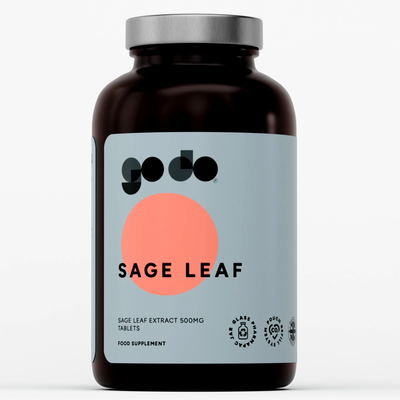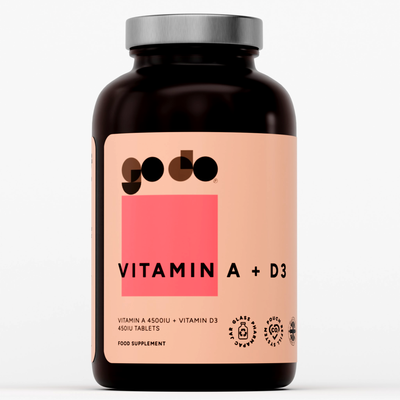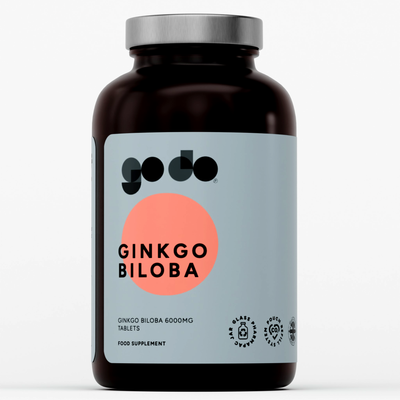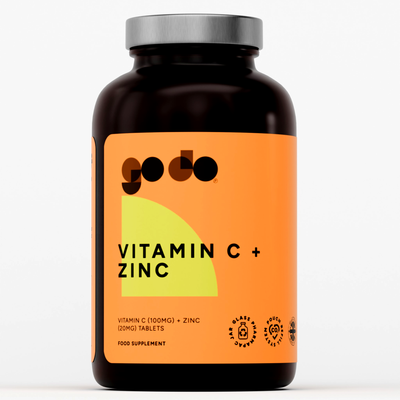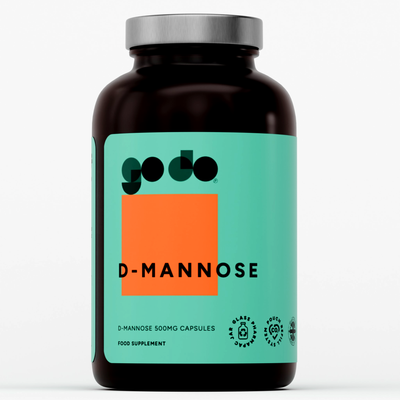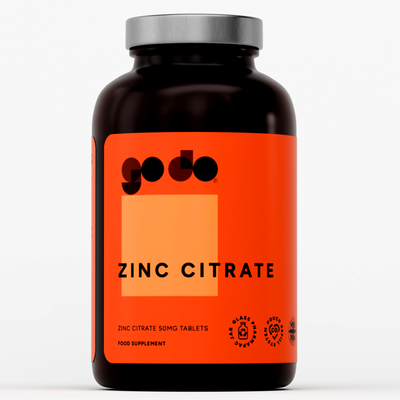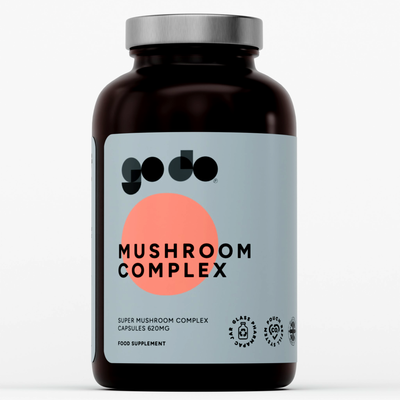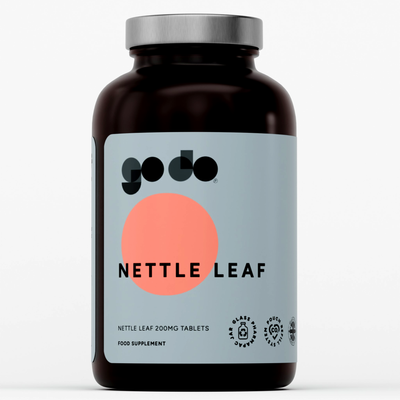Having a strong immune system is not only for naturally fighting flu and colds. A majority of people don't know that your immune system is also helpful in preventing cancer.
One important function that the immune system is responsible for is destroying cancer cells so that the disease doesn’t spread too much.
Why is it tough to boost the immune system?
The immune system keeps on getting weak because it faces continues destruction from free radicals inside the body. This is also why the immune system constantly needs to be boosted.
Free radicals are basically chemicals that harm your system in three primary ways:
- They damage the immune cells including the natural killer cells and T-cells
- They disrupt the communication between the different immune cells by destroying the cytokine pathways. Without effective communication, immune cells don’t function properly.
- The delicate balance that is made between the macrophages and the free radicals is also destroyed. Macrophages, which are parts of the white blood cells, release nitrous oxide which is a free radical to destroy the viruses, parasites, and bacteria. As the balance goes out, the free radicals also start to destroy the macrophage.
However, there are ways you can boost your immune system in an effective manner.
5 natural oxidants for boosting the immune system
Antioxidants are excellent fighters against free radicals. By loading up your body with these five antioxidants, you can boost your immune system:
- Vitamin C
There are numerous ways in which vitamin C can boost the immune system. Primarily, it increases the production of antibodies and white blood cells. Vitamin C increases the amount of interferon which covers the surfaces of the cell to prevent viruses from entering. Some of the fruits and vegetables that are rich in vitamin C include red peppers, strawberries, snow peas, orange, kiwi, kale, cantaloupe, berries, and Brussels sprout.
- Vitamin E
Vitamin E increases the production of natural killer cells which are vital for destroying cancer cells and germs. Vitamin E also increases the B cells that make the antibodies that fight particular germs. Studies also suggest that vitamin E can reverse the decline of immune response that occurs because of aging. Boiled broccoli, sunflower seeds, boiled spinach, papaya, mangoes, chard, avocado, and turnip greens are some of the foods rich in vitamin E.
- Carotenoids
There are many Carotenoids, the most common being B-carotene. Carotenoids increase the production of helper T-cells and natural killer cells. Numerous fruits and vegetables are rich in carotenoids, and some of them include fruits like watermelon, tangerines, squash, grapefruit, peaches, nectarines and pumpkins, and vegetables like asparagus, beets, carrots, broccoli, corn, spinach, and green peppers.
- Zinc
Zinc is a crucial trace mineral which helps the body to maintain the digestive, reproductive, and immune systems. Moreover, zinc can speed up the recovery of flu, skin injuries, sore throat, cold, and canker sores. It can also reduce the symptoms experienced with eye problems, acne, and tinnitus.
Since zinc paves the way for a healthy immune system. It is also effective for battling inflammatory and autoimmune diseases like fibromyalgia, lupus, and rheumatoid arthritis. To add more zinc in your diet, you should eat more nuts, red meat, dairy products, whole grains, poultry, seafood, and oysters.
- Selenium
Selenium is a crucial trace element, and the lack of selenium in humans has been related to an increased risk of many diseases like heart disease and cancer. The body is incapable of producing selenium; thus, it should be taken externally. Some foods that are good sources of selenium include grain products, poultry, beef, tuna, Brazil nuts, and fortified bread.
Make sure that you add these foods, mentioned above, to your diet for a powerful immune system.
